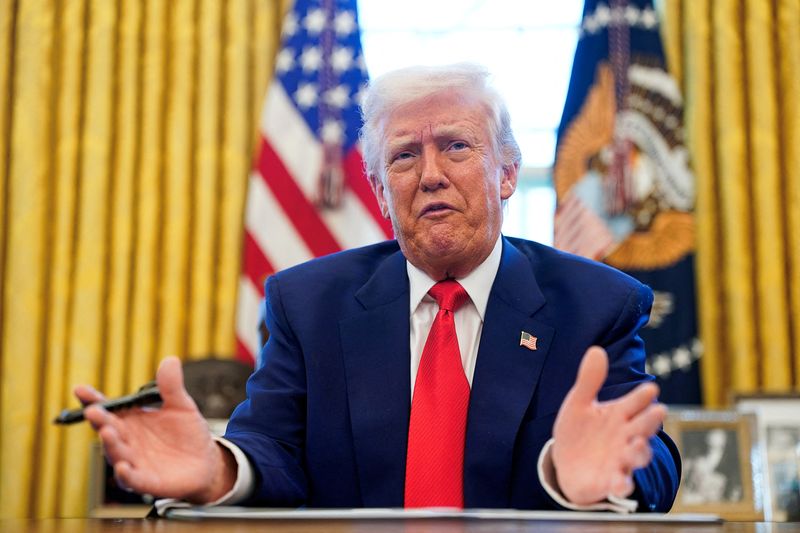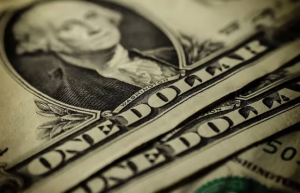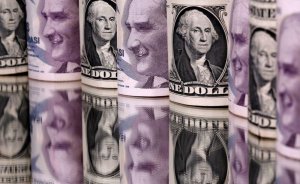President Donald Trump is prioritizing a narrow group of strategic allies in Asia for early trade talks, leaving most U.S. trading partners facing steep tariffs and uncertainty, according to Politico.
Trump has opened serious negotiations with just a handful of countries — Vietnam, India, South Korea, and Japan — as part of a targeted effort to counter China’s influence, Politico reported, citing two people close to the White House and a senior administration official.
These early overtures reflect the administration’s focus on curbing alleged transshipments of Chinese goods through third countries, including Vietnam and Cambodia.
That selective approach has left dozens of other nations sidelined, facing the highest average U.S. tariff rate in nearly a century.
While Trump temporarily paused some of the steepest levies earlier this week, a 10% baseline tariff imposed on April 2 remains in place for all countries.
Uncertainty looms over whether the administration will reach individual deals before Trump’s self-imposed deadline, when the full slate of reciprocal tariffs could return.
Even U.S. allies who have shown willingness to cooperate haven’t seen progress. Israel’s move to eliminate its tariffs on U.S. goods wasn’t enough to secure a fast-track deal, despite Israeli Prime Minister Benjamin Netanyahu’s direct appeals to Trump.
Similarly, a high-profile offer from the European Union to eliminate all tariffs on cars and industrial goods was dismissed.
With the world’s largest economy largely focused on a few strategic deals, major trading partners — including the EU, China, Canada, and Mexico — remain in limbo.
Together, those four account for more than $3.1 trillion in trade with the U.S., and their exclusion from early negotiations signals a prolonged period of economic friction.













